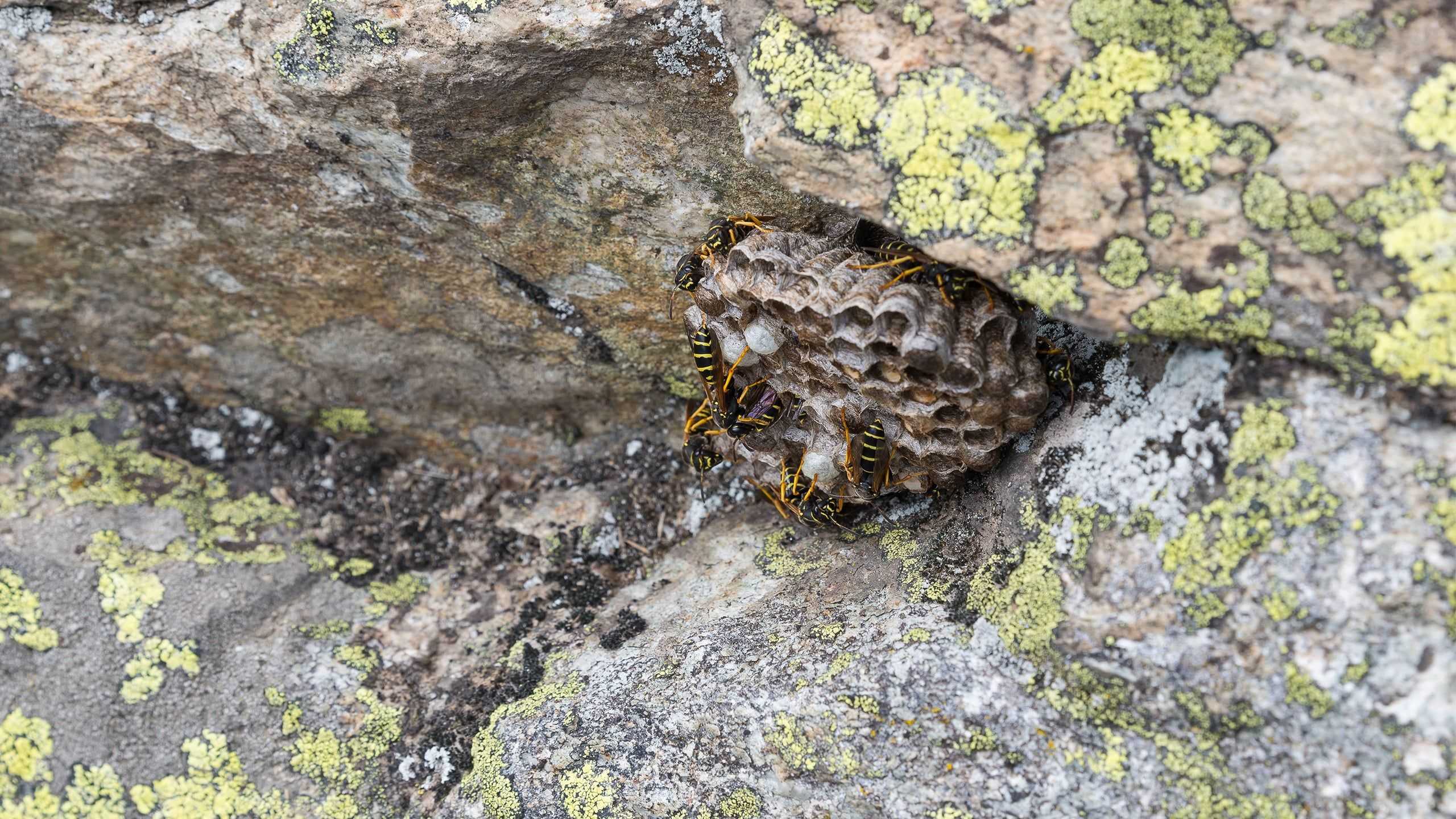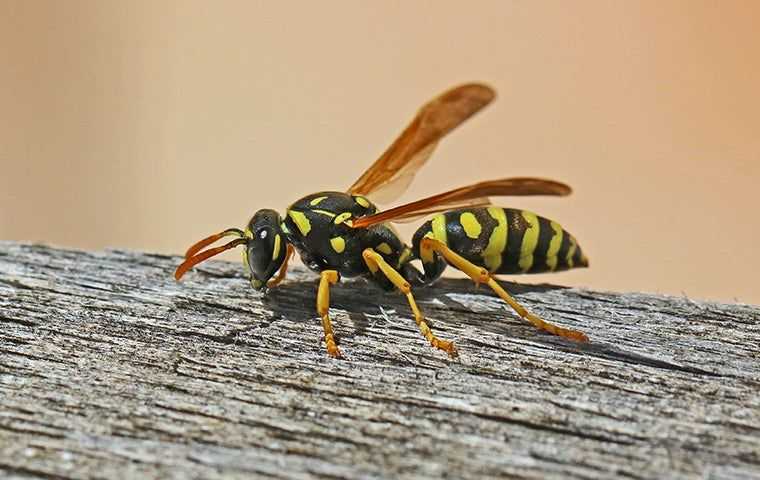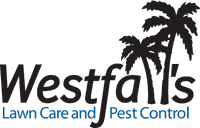
Westfall's Lawn And Pest Guide To Stinging Insects

By reading through our helpful pest guide, you can learn about stinging insects in Florida and how we can partner with you to keep them away from your yard and family.
Frequently Asked Questions About Stinging Insects
What are stinging insects?
The simplest definition of stinging insects would be that they are insects that sting. Stinging insects are either social or solitary. Social stinging insects live in large groups and work together as a team to care for the nest, colony members, and the queen. Solitary stinging insects have females who create individual nests and care for their young themselves. Bees, wasps, and hornets are types of stinging insects that regularly find their way to our Florida yards.
Below is a brief description of the most common stinging insects in Florida:
Africanized Bees
Africanized "killer" bees look so much like regular honey bees that you can only tell the two apart by measuring their bodies. Africanized bees are dangerous and known to chase people for over a quarter of a mile once they get excited and aggressive.
Bald-Faced Hornets
The bald-faced hornet is a relative of the yellow jacket and gets its common name from its largely black color and mostly white face. This stinging insect is named a hornet because of its large size and aerial nests.
Bumble Bees
Bumble bees are beneficial insects because they pollinate crops and plants. However, they can sting.
Honey Bees
Honey bees are social insects found all over the world. They are beneficial because of their role in pollination. Honey bees pollinate more than 100 crops in the United States.
Mud Daubers
Mud daubers are a group of wasps that got their name because they constructed their nests of mud. Mud daubers are considered nuisance pests and rarely sting.
Paper Wasps
Paper wasps get their common name from the paper-like material they make their nests. Paper wasps are sometimes called umbrella wasps after the shape of their distinctive nests.
Yellow Jackets
There are several species of yellow jackets. These flying insects typically have a yellow and black head/face and a patterned abdomen.
Are stinging insects dangerous?
Despite being a vital part of the ecosystem, stinging insects are dangerous pests when they decide to share our Florida yards. When stinging insects buzz around our yards foraging for food or they choose to build a nest in a high-traffic area, you and your family will have daily contact with these pests.
Doing things like mowing your lawn, gardening, grilling, or just walking across your property could put you in their "territory," They will retaliate and try to drive you away by delivering painful stings. Not only do bee, wasp, and hornet stings hurt, but their venom is potent enough to trigger an allergic reaction that, in some people, can be life-threatening.
Why do I have a stinging insect problem?
The following will most likely attract stinging insects to your Florida yard:
- Bare spots in your lawn
- Lots of trees
- Utility poles and fences
- Dense landscaping
- Flowering plants
- Foraging places like trash cans, outdoor eating areas, gardens
- Areas of standing water
If your yard can offer stinging insects food, water, and sheltered nesting spots, they won't hesitate to take advantage. The closer to your house that stinging insects build a nest or in a high-traffic area of your yard (walkway, deck, garden, or entrance), the more problematic they become.
Stinging insects in Florida are most active in the spring, summer, and early fall when food sources are plentiful, and they are out and about gathering food to bring back to the nest.
Where will I find stinging insects?
Where a stinging insect prefers to build a nest greatly depends on the species. The following places are where we most often discover stinging insect nests:
- Grills
- Under tables, deck rails, fencing, or pieces of outdoor furniture
- Under roof eaves
- Tree branches
- Tree hollows
- Ground holes or the abandoned nests of small animals
- Shrubbery
- Under fallen trees
Stinging insects prefer to nest in locations that shelter them from unsuitable weather and hide them from the view of predators. While these pests primarily nest outside, they can invade our homes and nest in the safe shelter of wall voids, chimneys, vents, crawl spaces, and attics.
How do I get rid of stinging insects?
If you are spotting stinging insects swarming around a particular area of your yard or home, you have likely discovered a nesting site. After finding a nest, stay away from the area and immediately call for help. Let the certified stinging insect removal experts at Westfall's Lawn and Pest provide the quick action necessary to remove the nest from your property! We are fully certified by the state of Florida and offer same-day services. For more information about stinging insect control in Bradenton, reach out now!
How can I prevent stinging insects in the future?
Though you can't completely avoid stinging insects, there are steps you can take to help prevent problems with these pests. We have compiled a list of our most helpful stinging insect prevention tips.
- Bees, hornets, and wasps often forage for proteins and sweets from our trash cans and recycling bins; make sure they always have tight-fitting lids on them.
- Reduce the number of flowering plants near walkways, doorways, and windows.
- Cut back tree branches from your roof and exterior walls.
- Fill in bare spots and holes in your lawn.
- Limit their access to water by repairing leaky outdoor fixtures and hoses. Keep gutters clear of debris and store containers that collect water upside down.
Despite best efforts stinging insects will still find their way to your property. To guard your home or family against these stinging pests, partner with Westfall's Lawn and Pest- we are a local home pest control professional you can trust!



